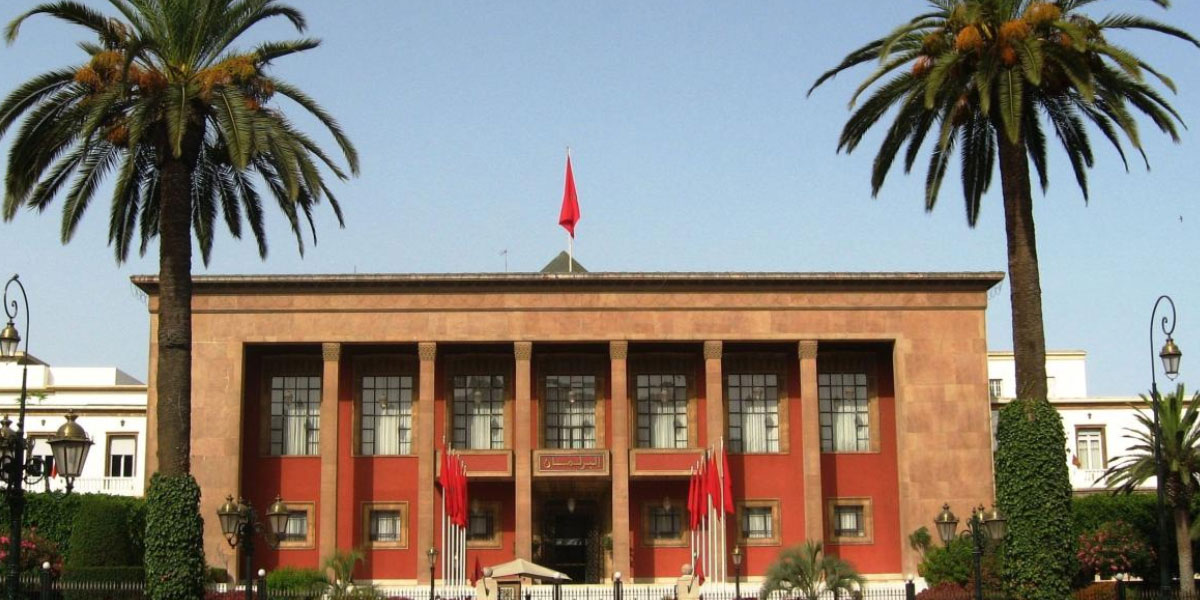On 26 May 2016 the IMF issued a report following the completion of the second review of Senegal’s economic performance under a program supported by the Policy Support Instrument (PSI).
Senegal’s economic growth increased from 4.3% in 2014 to 6.5% in 2015 and 2016. The inflation rate is low and the fiscal deficit target is 4.2% for 2016. Maintaining this target will support Senegal’s objective of reaching a fiscal deficit of 3% by 2019, this being the convergence criterion set by the West African Economic and Monetary Union.
The government recognizes that to increase the growth rates to 7% to 8% over the 20-year period of the Plan Sénégal Emergent requires the creation of more economic space for small and medium enterprises (SMEs) and foreign direct investment (FDI). Steps have been taken to improve the business environment and promote agricultural development. Public expenditure is being rebalanced towards investment in human capital and public infrastructure; and the government is considering curtailing tax expenditures and making government spending more efficient.
A special economic zone is being considered by the government to create an environment where SMEs can do well and to attract FDI. A governance structure is being considered that will ensure a business friendly regulatory framework and facilitate tax compliance. This would involve reasonable tax rates and limited, rules based tax expenditures.












